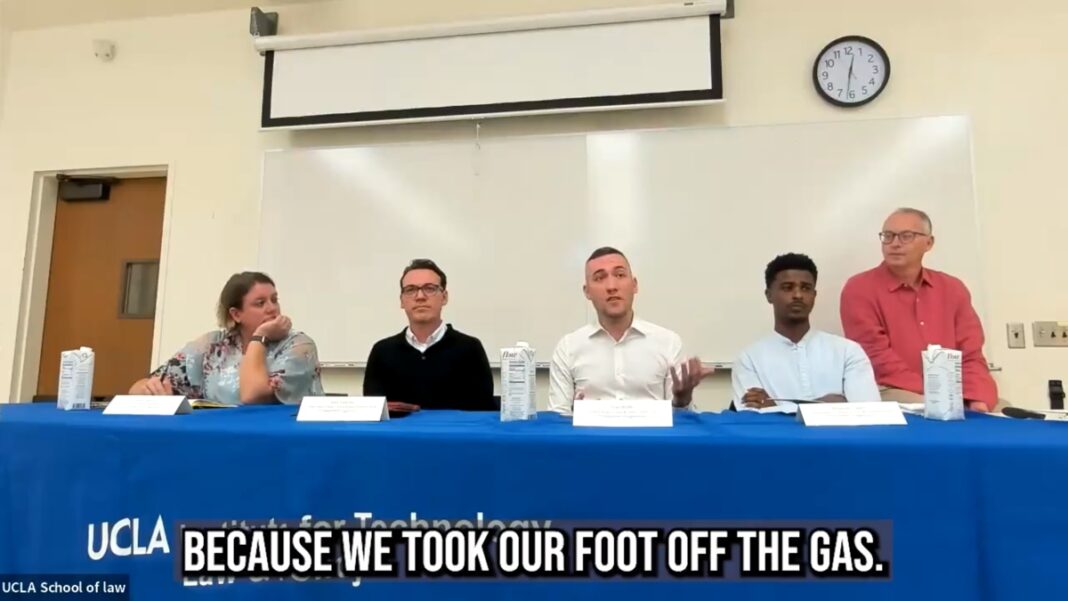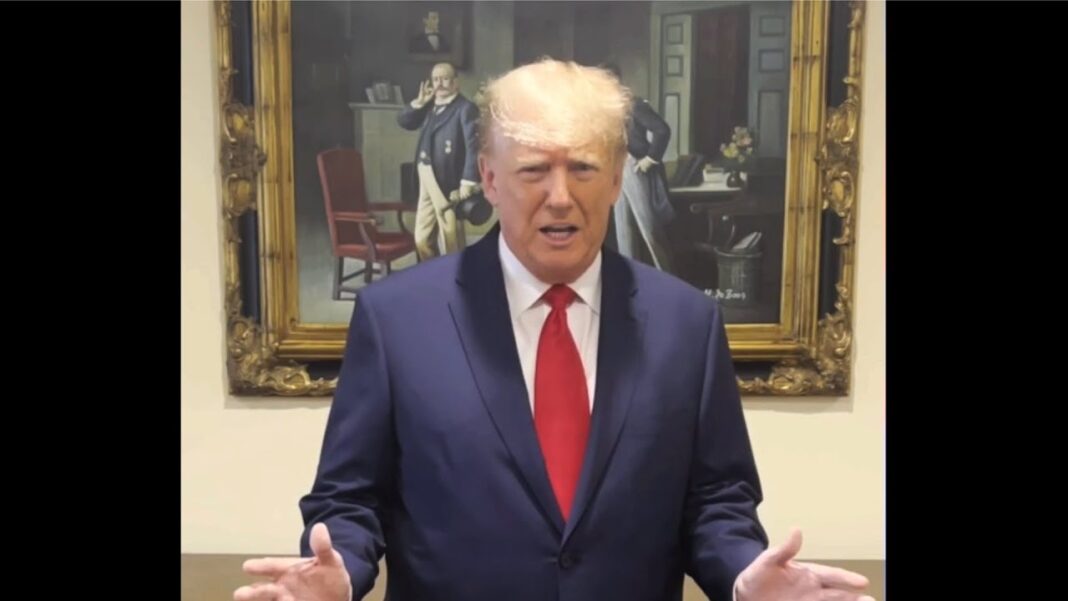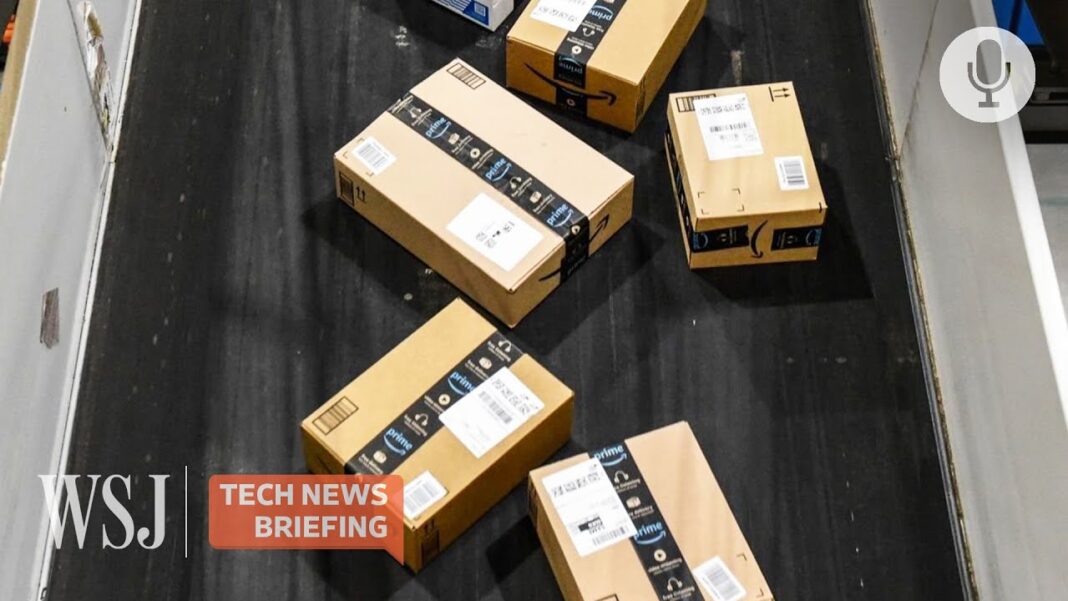Twitter’s former head of Trust and Safety, Yoel Roth, has had several high-profile speaking engagements in the past weeks (see here, here and here), alongside other prominent censorship industry insiders. Roth, whose team played the key role in speech control for the 2020 US presidential election cycle, recently spoke at UCLA’s School of Law, where he painted a somber picture of the diminished power of censorship professionals ahead of 2024.
A recurring theme in Roth’s remarks: the censorship industry is slowly but surely being put on the defensive.
Transcript:
“I would argue it’s swinging because of exactly those same dynamics of public pressure that prompted the investment in the first place… And I mentioned that because on one hand that’s great, it sounds like all of the pressure on platforms really drove a meaningful impact. But we’re now seeing it swing in the exact opposite direction. And it’s not just Elon Musk firing everyone, like sure he did that, but why did he do it? He did it because we took our foot off the gas.”
The bottom line of Roth’s diagnosis: pressure against censorship institutions is succeeding on all fronts. Investigations from multiple Congressional committees (see, e.g., House Judiciary Committee, House Oversight Committee, House Homeland Security Committee); lawsuits on both Constitutional and tortious interference grounds filed against government-partnered censorship cut-outs in academia plus their partners in federal government; scrutiny and ongoing news cycles arising from the Twitter Files; and the evaporation of the “RussiaGate” panic – all of these, combined, have forced the censorship industry into a prickly, indignant retreat.
Full remarks here:
Loss of Consensus
In his remarks at UCLA, Roth said that “the pendulum” of public opinion and institutional pressure has swung against his fellow disinformation professionals. This pressure for more speech freedom, Roth continued, was why Elon Musk was able to make cuts to X’s election integrity team without much pushback, and why tech companies have “more latitude to reduce investments in space” — i.e., pay for fewer censorship personnel and services.
By Mike Benz







